Beyond the Scavenger: A Closer Look at Turkey Vultures
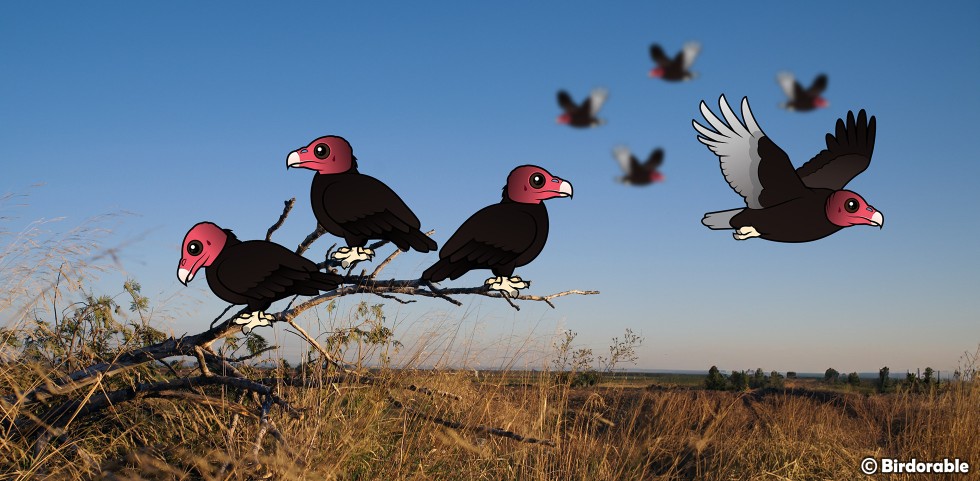
Turkey vultures, often misunderstood and overlooked, are truly fascinating creatures of the avian world. With their impressive wingspan and unique flying patterns, they glide effortlessly across the sky, serving as nature's clean-up crew. These birds are essential to the ecosystem, playing a crucial role in keeping our environment healthy and balanced.
Despite their somewhat grim reputation as scavengers, turkey vultures possess remarkable traits that deserve admiration. One of their most extraordinary abilities is their keen sense of smell, which allows them to detect carrion from miles away—a rare talent among birds. This keen olfactory sense guides them to their meals, helping to rid the landscape of dead animals and, consequently, preventing the spread of disease.
Turkey vultures are also known for their social behavior, often seen roosting in large groups. These communal gatherings can be a sight to behold, with dozens of birds perched together in trees or on rooftops at dusk. Their social nature extends to their flying habits, where they can be observed soaring in the skies in search of food, utilizing thermals to keep them aloft with minimal effort.
Another intriguing aspect of turkey vultures is their method of cooling down. On particularly hot days, they practice urohydrosis—where they urinate on their legs to take advantage of the cooling effect of evaporation. While this behavior might seem odd to us, it's a brilliant adaptation to their often sweltering habitats.
Despite their critical role in the ecosystem and intriguing behaviors, turkey vultures face challenges, including habitat loss and poisoning from ingesting toxins in carrion. These threats highlight the need for continued conservation efforts to ensure that turkey vultures, and other scavengers, remain a vital part of our natural world.
In the end, turkey vultures are much more than the grim reapers they are often made out to be. They are intelligent, social, and incredibly adapted to their niche, playing an indispensable role in the balance of nature. By understanding and appreciating these birds, we can foster a greater respect for all wildlife, recognizing the importance of every creature, no matter how unassuming or misunderstood.
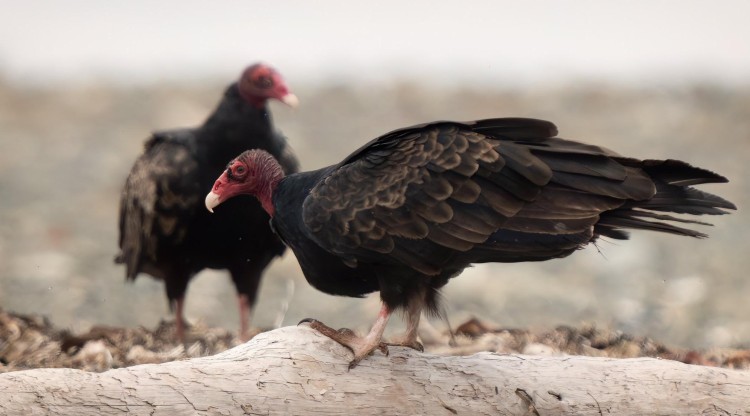
Turkey Vultures by marneejill (CC BY-SA 2.0 DEED)

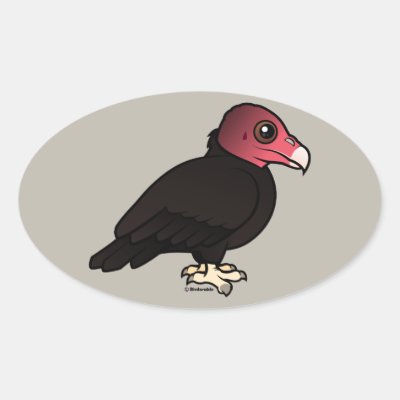
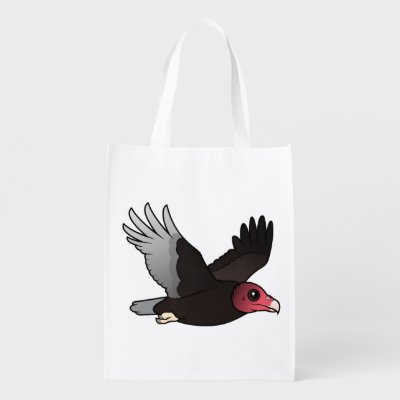
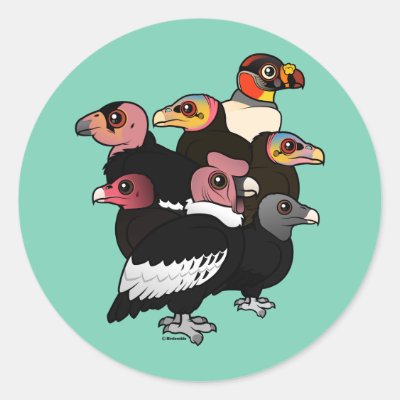

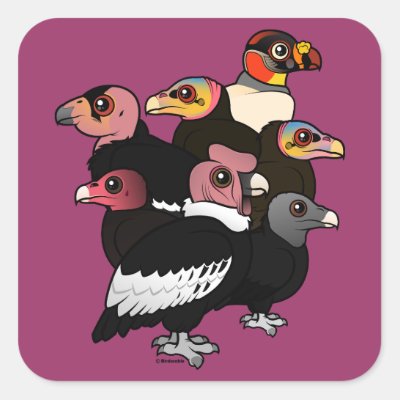




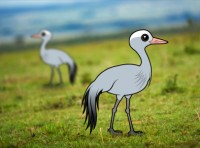
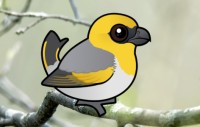

Comments
Be the first to comment
Thank you!